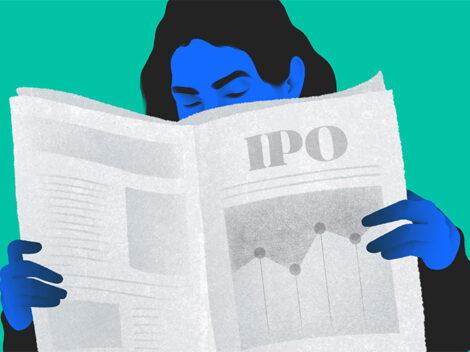Headlines of tech-related layoffs are even more prevalent than reports of the drop in venture funding.
As of mid-August, more than 38,000 workers in the U.S. tech sector have been laid off so far in 2022, according to a Crunchbase News’ layoff tracker. Much of that bloodletting is due to the dip in venture funding startups are realizing, as their runways narrow and hard decisions are made.
One of those hard decisions is deciding when to sell a company, especially if it could mean saving employees’ jobs. However, venture capitalists and those who sit on boards say while preserving jobs always is a concern, selling a company in an effort to avoid layoffs is a gambit unlikely to pay off in the long run.
Search less. Close more.
Grow your revenue with all-in-one prospecting solutions powered by the leader in private-company data.
“Exits are something planned, not really forced,” said Bá Minuzzi, founder and general manager of San Francisco-based UMANA House of Funds.
Hard truths
Even though funding has dropped this year, M&A deals are also down compared to 2021, according to Crunchbase data. Many startups raised cash at high valuations in recent years giving them some runway even in a down market. Nevertheless, many startups—most recently VC-backed companies like DataRobot, Amperity and Thirty Madison—have been forced to cut expenses, including employees.
While no founder, board member or CEO desires such decisions, they are still required in a down market.
“If you are not profitable, you need oxygen,” said Mike Ghaffary, general partner at Canvas Ventures. “You have to look at what’s best for your shareholders, and that includes your employees.”
Ghaffary said undoubtedly startups look at both fundraising and M&A in an effort to stay alive, but the reality is the latter option often is not available to companies looking at steep cuts to their expenses.
“Once you are looking at layoffs, your M&A options may be pretty limited,” he said. “Companies don’t want to acquire cash burn.”
Instead of a sale, Ghaffary said one viable option is to approach previous investors for a lifeline to keep employees. Especially in what has been a tight labor market, founders and investors do not want to lose employees they fought hard to find.
“You can go to previous investors to save jobs,” he said. “You just need to show a plan.”
Minuzzi said one of her investments recently took this route. The startup wanted to raise between $20 million and $30 million, but had a term sheet pulled by the lead investor at the last minute—a now common occurrence, she added.
However, in about a day the company secured approximately $4.5 million from its previous investors and the founder’s own pocket to keep it stable until cash flow improves.
“Investors need to be very active” advising portfolio companies, Minuzzi said.
M&A is difficult
Don Butler, managing director at Thomvest Ventures, said startups can explore a sale, but such transactions prove tricky even in the best of times. Founders and investors have to be honest with themselves when looking at a sale to help save jobs.
“You have to assess the company and the process,” he said. “Have you ever had acquisition interest before? Be candid about how the company is doing.”
Unless the company is extremely hot—which means it likely is not looking at layoffs to begin with—assume a sale will not happen.
“It’s a hard thing to make happen,” Butler said. “It’s a hard thing to line up.”
Sometimes it’s easier to sell a company after making staffing cuts.
“Buyers can look at that as if you already did the hard work,” he said.
If those cuts don’t happen before the acquisition, they can easily happen after the deal is complete—thus not accomplishing the goal of saving people’s jobs.
“Acquirers can easily make those job cuts,” Minuzzi said. “So it’s not about just making a deal.”
More to come
With fundraising only getting harder and M&A an unlikely alternative for many, some investors think more layoff headlines are inevitable
“I think you’ll see more (layoffs) through the end of the year,” Ghaffary added.
Butler, an investor for more than two decades, has seen this familiar pattern before.
“If I play back what happened from ‘01 or ‘07, I feel like we are probably in about the third inning,” he said.
Illustration: Dom Guzman

Stay up to date with recent funding rounds, acquisitions, and more with the Crunchbase Daily.












67.1K Followers